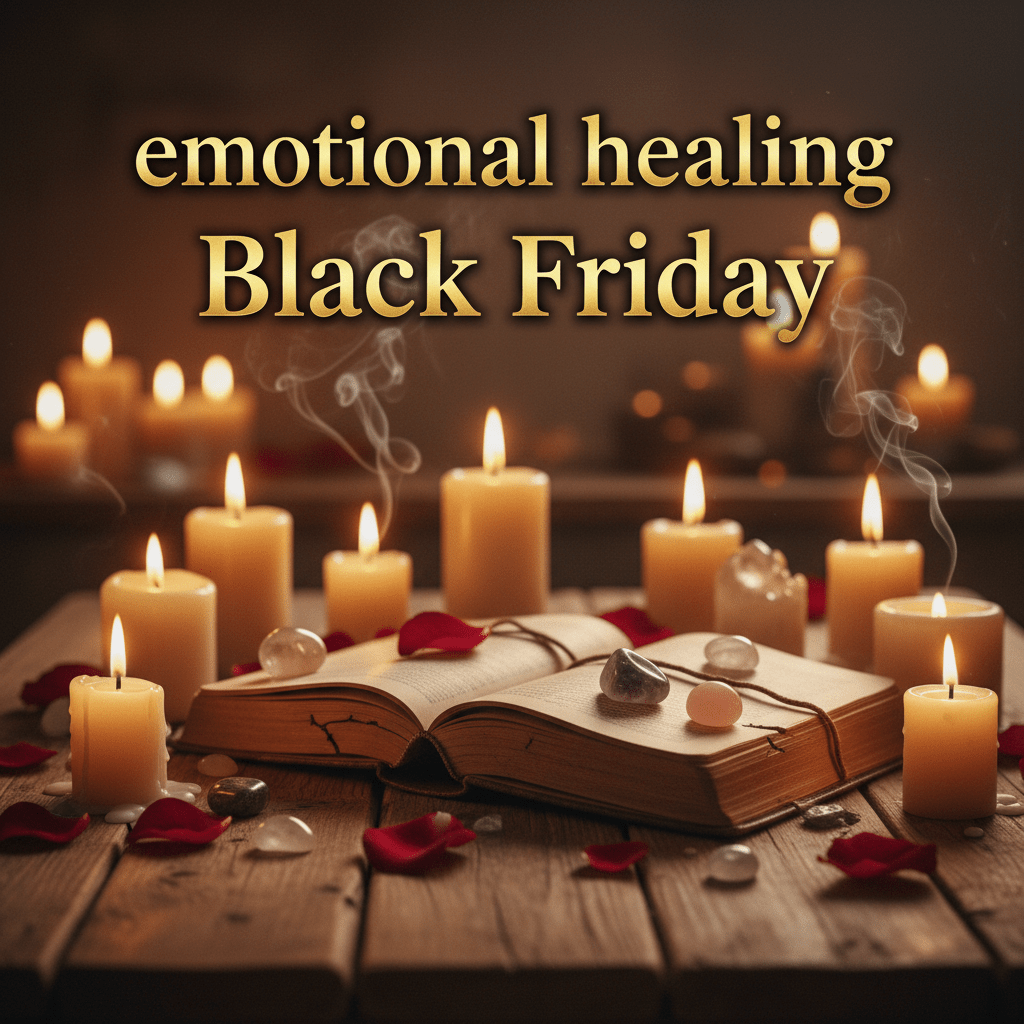- Witchcraft, including love spells, is an ancient and diverse practice found globally, rooted in both traditional wisdom and evolving modern beliefs.
- Myths about witchcraft abound—most witches do not worship “the devil”; both men and women practice, and it’s not limited to Europe.
- Historical evidence shows wide belief in witchcraft, from African shamanism and Native American healing to the infamous Salem Witch Trials and European witch hunts.
- Modern witchcraft is recognized as a religion (e.g., Wicca) in many countries and emphasizes positive intentions, ethical practices, and personal empowerment.
- Love spells, protection spells, and healing rituals are practiced responsibly, often guided by experienced spell-casters for safety and effectiveness.
- Scientific perspectives explain many magical outcomes as the placebo effect, but millions report real personal transformation through spellwork and rituals.
- Ready to experience real results? Shop effective love spells online or consult South Africa’s top spell-casters today.
Unlock the secrets of genuine witchcraft, uncover the truth behind magical rituals, and discover how love spells can transform your life. For centuries, people worldwide have wondered: Does witchcraft truly exist?
In this comprehensive guide, we’ll separate myth from reality—diving deep into the history, beliefs, and undeniable cultural impact of witchcraft and modern magical arts. Seeking lasting love, healing, or peace? Buy authentic love spells online from verified spellcasters right now—your journey to magic begins here.
Shop real love spells that work today! Get your spell cast by the best spell caster in the world and experience the transformation you deserve.

Witchcraft Beliefs: Myths vs. Reality
From Hollywood legends to ancient folklore, countless myths about witchcraft persist. Let’s separate fiction from fact and clarify what real practitioners actually believe and do.
Common Myths About Witchcraft
-
Myth: “Witches worship Satan.”
Truth: Most witches do not believe in or worship a “devil.” Modern witchcraft, including Wicca, focuses on natural energies, deities, and personal growth. -
Myth: “All witches are women in covens.”
Reality: Witchcraft welcomes both men and women; many practice solo. Rituals and spellwork vary widely among individuals. -
Myth: “Witchcraft only comes from Europe.”
Fact: Witchcraft traditions exist globally—from Africa to Asia and the Americas—each shaped by local culture.
Verified Facts About Witchcraft
- Witchcraft has been practiced for thousands of years—often by wise women and healers—across every continent.
- Historical documents confirm widespread persecution, especially in Europe in the 16th–17th centuries.
- Modern witchcraft traditions (like Wicca, Druidism, Shamanism) emphasize harmony with nature, ethical spellwork, and self-empowerment.
- Witchcraft is legally recognized as a religion in the USA and many parts of the world.
- Approach with an open mind: Distinguishing truth from myth is key to understanding this powerful path.

Historical Evidence of Witchcraft Practices
Witchcraft’s enduring legacy can be traced through every era and civilization. Here’s how different cultures and times viewed and practiced the magical arts:
| Time Period | Evidence of Witchcraft |
|---|---|
| Pre-Christian Era | Wise women, “witch doctors,” and herbal healers used natural remedies and ritual to heal, protect, and guide communities. |
| Medieval Europe | Witch hunts led to mass hysteria; thousands accused and executed, often on flimsy evidence or superstition. |
| Colonial America | The infamous Salem Witch Trials saw 19 people executed amid widespread fear of magic. |
Despite a lack of “hard science,” people across centuries have attested to witchcraft’s real power and influence—whether for healing, love, or transformation.
Medieval Witch Trials: Dark Lessons
"The witch hunts of medieval Europe were a time of mass hysteria, with thousands accused and executed based on fear, rumor, and superstition."
It’s crucial to recognize that not all alleged witches were convicted. Some proved innocence, while others survived by “confessing” or implicating others—highlighting just how deeply belief in magic gripped people of the time.
Witchcraft Traditions Across the World
Witchcraft isn’t just European—it’s a global, living tradition. Here’s how it manifests in different regions:
African Witchcraft
In Africa: Witchcraft is often woven into spiritual life. Some witches provide healing, protection, and guidance—while others unfortunately face fear or persecution. Bring Back Lost Lover Love Spell draws on African traditions for powerful results in love and relationships.
Witchcraft in the Americas
Indigenous American tribes respect witches as healers and intermediaries, able to channel spirits, nature, and medicinal wisdom. Colonial suppression threatened these practices, but many communities preserved sacred magical traditions.
Asian Magical Arts
Asia’s magical history varies—some Indian regions celebrate witches as healers, while other cultures fear their powers.
The Reconciliation Love Spell honors ancient wisdom for relationships.
Universal Witchcraft Themes
- Strong bond to nature, cycles, and the spiritual world.
- Use of spells, potions, and rituals for healing, protection, or love.
- Spirit communication as a bridge between physical and unseen realms.

Witchcraft: Scientific & Psychological Perspectives
While science has sought to unravel the mysteries of witchcraft, millions still believe in its transformative effect—especially for love, healing, or personal empowerment.
Science Explains “Magic” Effects
- Placebo Effect: Ritual and intention can create powerful psychological impacts, boosting confidence and well-being—whether or not magic is “literal.”
- Psychological Empowerment: Spells and rituals, like those in the Binding Love Spell, offer comfort and control amid uncertainty.
Belief, Perception & Meaning
Cultural context shapes how we interpret mysterious events. In modern times, science answers many questions once attributed to magic. Yet, the genuine experiences of practitioners—their growth, healing, and manifesting—remain central to witchcraft’s appeal.

The Ethics of Spell-Casting and Witchcraft
Modern witchcraft emphasizes ethical responsibility and “harm none.”
Most practitioners—especially those who offer professional love spells—use their skills for healing, growth, and positivity. However, traditions and ethical codes can vary.
- Do no harm: Responsible spell-casters focus on positive, empowering rituals that avoid causing pain or manipulating free will in an unethical manner.
- Personal power and accountability: Each spell-caster is responsible for their own actions and the intentions behind their work.
"Witchcraft is a practice rooted in deep understanding of natural forces. Practiced responsibly, it is an empowering tool for good."
The Modern Magical Arts: Spellwork Today
Today’s witchcraft draws from history, but also adapts to the contemporary quest for love, well-being, and spiritual connection.
| Practice | Description |
|---|---|
| Spell-casting | Chanting incantations, using special objects, and setting clear intentions for results—from love to protection. Deliciously In Love Spell is one such popular ritual. |
| Divination | Tarot, pendulums, or runes to gain insight into relationships, the future, or self-discovery. |
| Meditation | Mindfulness and visualization to enhance spiritual awareness and focus energy on desired outcomes. |
| Herbalism | Using plants and natural ingredients for healing, harmony, and attraction—the core of many authentic spells. |
Whether you seek a Friend to Lover Spell or want to boost passion and trust in your relationship, experienced witchcraft underscores ethical, natural change.

Witchcraft’s Relationship with Religion
The dynamic between witchcraft and religion remains complex. Christianity historically condemned witchcraft, leading to centuries of persecution. However, today’s landscape has changed:
Christianity & Witchcraft
- Many Christian groups still view witchcraft as heretical.
- Some denominations now acknowledge alternative spiritual paths and promote religious tolerance.
Wicca and Pagan Traditions
Wicca blends ancient pagan beliefs with modern rituals—including Unconditional Love Spells—focusing on positivity, healing, and spiritual fulfillment. Wiccans do not worship evil but instead celebrate the cycles of nature.
Other Global Spiritualities
- Witchcraft is found in indigenous, Hindu, Taoist, and blended faiths.
- Some cultures view witchcraft as essential, others condemn or fear it.
Bottom line: Witchcraft’s spiritual context is as diverse as its practitioners.
Witchcraft Today: Impact, Evolution & The Promise of Love Spells
Despite centuries of controversy, witchcraft is more popular, diverse, and accessible than ever. Why do so many turn to spellwork today?
- Empowerment, healing, and personal transformation—even scientific studies show ritual and belief can change how we feel and act.
- Love spells are among the most sought-after magical practices online—typically for reconciliation, new attraction, or relationship repair.
- Witchcraft and magic enchant popular culture, music, movies, and literature—proving their emotional and symbolic power endures.
While debate continues, modern witchcraft offers hope, inspiration, and results when practiced with integrity.
– Monique, Johannesburg
– Simphiwe, Cape Town
– Ethan, Durban
Frequently Asked Questions About Witchcraft & Love Spells
Is witchcraft real, and do spells actually work?
Witchcraft is a genuine and historic practice, and many people experience positive results from spells—especially when cast by experienced practitioners. While not all outcomes are guaranteed, intention, ritual, and focus can make a real difference.
Are love spells safe?
Most ethical love spells are designed to attract positivity and healing, not manipulate or harm. Only work with trusted, verified spell-casters who follow responsible magical ethics.
What types of rituals are included in modern witchcraft?
Spells, divination, meditation, and herbal remedies are common. Many rituals are adapted for modern life—focusing on love, prosperity, healing, or protection. Learn more about love spells here.
Can anyone practice witchcraft, or do you need special training?
Anyone can learn the basics of witchcraft, but training, guidance, and respect for tradition are vital for safety and success. For the best results, trust your magic to professionals with proven experience.
How can I order a love spell online?
Simply browse South Africa’s most trusted love spell collection, choose the spell that matches your needs, and follow checkout instructions. You’ll receive spellwork from a verified professional.
Spellcaster Belinda has practiced advanced witchcraft and love magic for over 20 years, combining African, European, and Wiccan traditions. She has helped thousands reunite with loved ones, heal broken hearts, and unlock personal power—making her one of South Africa’s most trusted magical practitioners. Reach out for spell advice via our Contact Us page.
Don’t let your destiny slip away—explore our proven love spells and request your personal ritual today.
Discover what real witchcraft can do for your heart, your life, and your future. Your new beginning starts here.




